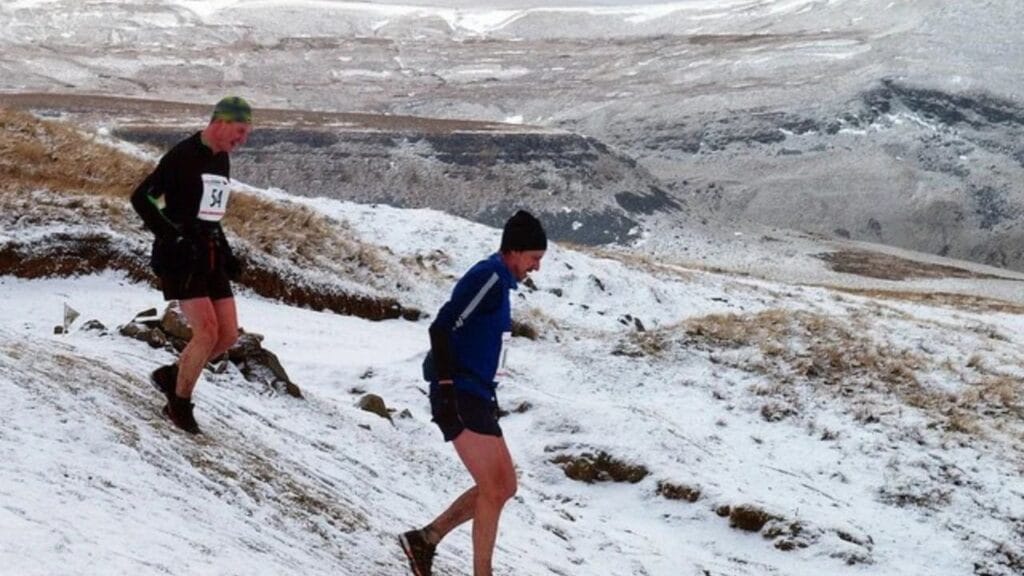It is as important to recognize signs of dehydration in the cold weather months, as it is during the warmer weather. Dehydration in winter is perhaps more common than in summer; because we are not as active, hot, or sweaty, so we tend to not feel as thirsty or find water as appealing as we do in hot weather. Hydration through Colon Hydrotherapy is a safe and effective way of restoring proper fluid balance in the body. In his book “Tissue Cleansing Through Bowel Management,” Bernard J Jensen, D.C., Ph.D., stated that chronic dehydration causes body tissue and fluids to become thicker and more viscid, changing the consistency of the mucous lining of the colon, which fails to provide slick lubrication for the movement of feces. When the body becomes dehydrated, bowel function can slow to a halt, adversely affecting nutrient absorption and energy production. Because we tend to overeat as well during the holidays, dehydration and reduced bowel function becomes a significant threat to the colon as well as the overall health of the body.
In hot weather, sweating triggers a chain reaction in the body causing blood volume to decrease, which causes the brain to send a signal for more fluids resulting in dryness in the mouth. If we are not sweating as much in the winter, we probably are not consuming as much liquid as in the summer. Physical endurance can drop by 25 percent when the body is dehydrated by only 2 to 3 percent. Simple respiration can reduce bodily moisture content in any season; the greater the physical exertion, the more moisture respiration takes from the body (think shoveling snow). In the cold, dehydration will occur even faster as the body converts stored energy into free energy to allow the body to shiver. Regular metabolism uses up to 2 Liters of bodily fluid per day, and that number doubles in cold environments. Heaters also dry the air we breathe, which decreases our ability to take moisture in through the skin and lungs.
Colon Hydrotherapy is one of the fastest ways to get fluids back into circulation. Appearing at the emergency room to request an IV for rehydration is not practical, affordable, or time-efficient. A session of colon hydrotherapy can help restore proper fluid balance in the body within an hour, as the colon can absorb about 250mL in about 20 minutes. Survivalists recommend tactical enemas, using salt and sugar packets dissolved in water, when dehydration occurs in the backcountry. Here in town, the same results can be obtained in a comfortable, relaxed environment by a visit to a Colon Hydrotherapist.
Children and the elderly are especially susceptible to dehydration. Dehydration is a common reason for hospitalization for people over the age of 65. Some signs of dehydration include dry mouth, headaches, confusion, fatigue, muscle weakness, dry skin, sunken eyes, and of course thirst! One of the best ways to monitor dehydration is by checking the urine. Dark-colored urine is a sign of dehydration and should be treated immediately by drinking a big glass of water. It is widely known that by the time you are thirsty, you are also dehydrated. Chronic dehydration may require a more proactive approach. Rehydration through Colon Hydrotherapy and electrolyte replacement is extremely effective and can restore energy and balance in the body, and ward off dangerous long-term effects of dehydration.
Since the body is 70 percent water, hydration is extremely important for proper functioning at the cellular level. Maintaining hydration will also keep you looking and feeling great!
References:
- Jensen, Bernard D.C., Ph.D. Tissue Cleansing Through Bowel Management. Bernard Jensen Publisher; 11th edition June 1981.
- www.DeathValleyMag.com
- www.suite101.com


Recent Posts